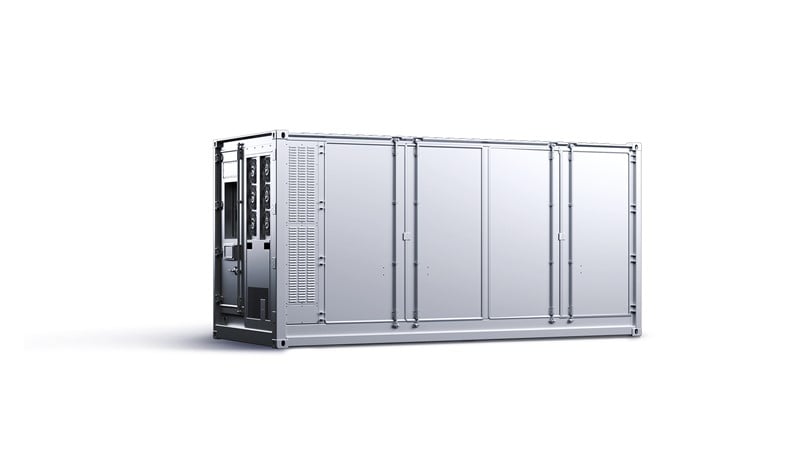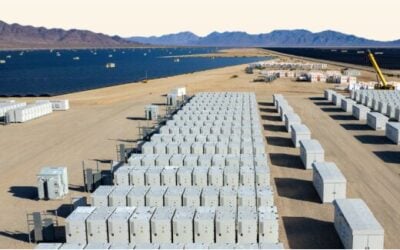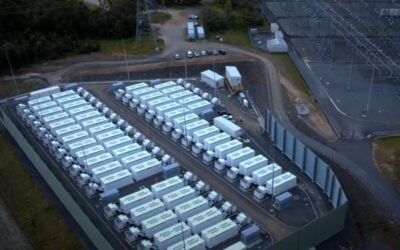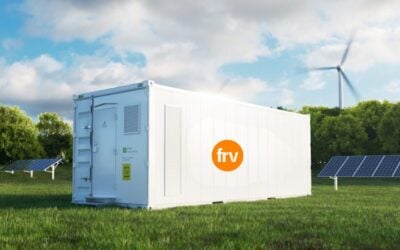
IPP Lydian Energy has successfully closed on a US$233 million project financing for three battery energy storage system (BESS) projects in Texas, US.
Energy-Storage.news recently reported on the announcement that consulting, engineering and quality control firm Enertis Applus+ would act as an independent engineer on the three projects.
Lydian’s projects include the 150MW/391MWh Headcamp BESS, the 200MW/521MWh Crane BESS and the 200MW/521MWh Pintail BESS.
Speaking with ESN, Emre Ersenkal, CEO of Lydian Energy, said that lithium-ion battery manufacturer CATL would be supplying the BESS for the projects.
Try Premium for just $1
- Full premium access for the first month at only $1
- Converts to an annual rate after 30 days unless cancelled
- Cancel anytime during the trial period
Premium Benefits
- Expert industry analysis and interviews
- Digital access to PV Tech Power journal
- Exclusive event discounts
Or get the full Premium subscription right away
Or continue reading this article for free
Additionally, Ersenkal noted that Lydian expects to operate the three projects on the Electric Reliability Council of Texas (ERCOT) merchant market but may explore offtake contracts.
ING acted as the lender for the Pintail and Crane projects in San Patricio and Crane Counties, Texas.
KeyBank provided a US$94 million financing package for Headcamp in Pecos County, with KeyBanc Capital Markets also structuring the deal.
The tax credit bridge financings from ING and KeyBank are supported by co-investment capital from Excelsior’s Fund II limited partners. Lydian is also seeking more funding to expand its project pipeline, with construction anticipated to begin later this year.
Lydian officially launched in 2024, with a 1.75GW portfolio comprising solar and battery storage projects in the US.
Currently, Lydian claims to have a portfolio of 20 solar and storage projects totalling 4.7GW of capacity.
The company is backed by capital from renewables energy investor Excelsior Energy Capital.
In late 2024, Excelsior Energy Capital contracted with LG ES Vertech for a 7.5GWh BESS supply and system integration. LG ES’s equipment is produced in the US to satisfy local content rules. Given that the battery company is based in South Korea, it is unlikely to be classified as FEOC, which is expected to affect Chinese companies.
That deal came after Excelsior signed a 2.2 Gwh supply agreement with Fluence, a US-headquartered company that manufactures its systems in the US, with approximately half of its battery cell supply originating from US-based suppliers.
Ersenkal says these deals do not have an impact on Lydian’s three projects, but that the company “anticipate(s) working closely with these partners and other suppliers to deliver the most reliable infrastructure for our customers and strongest economics for our investors.”





